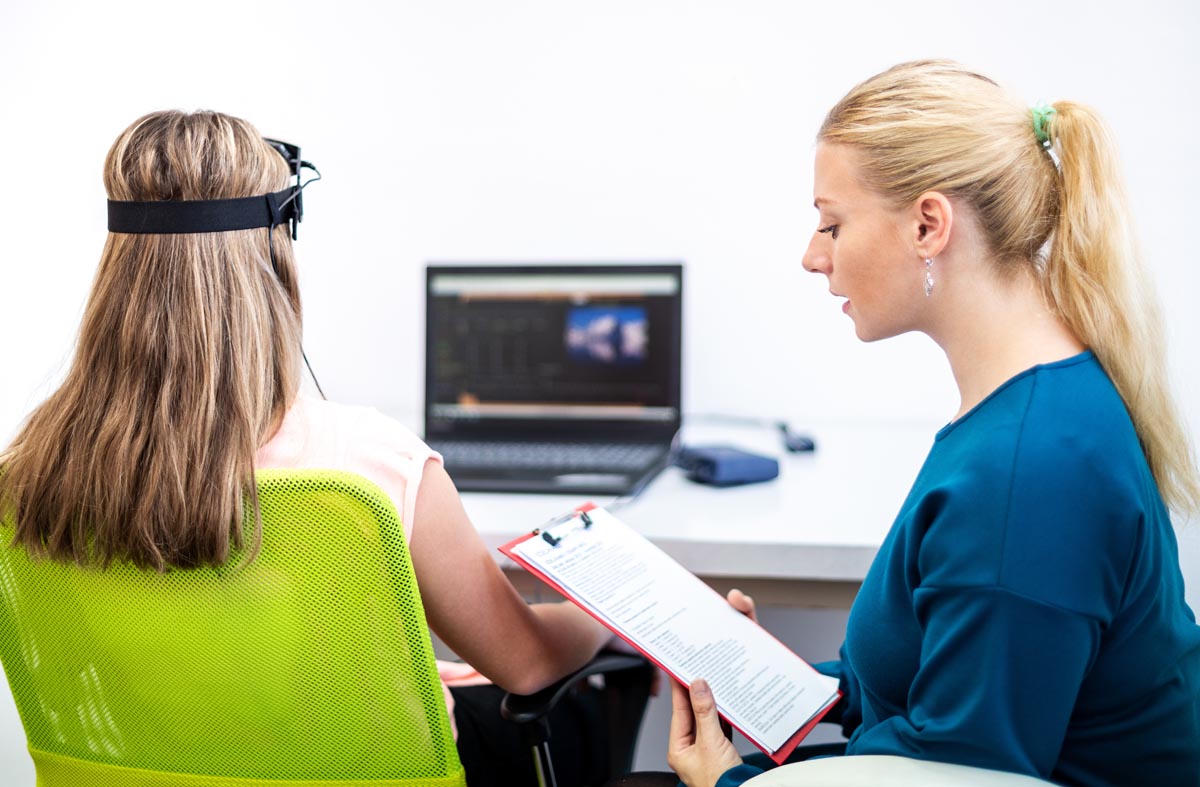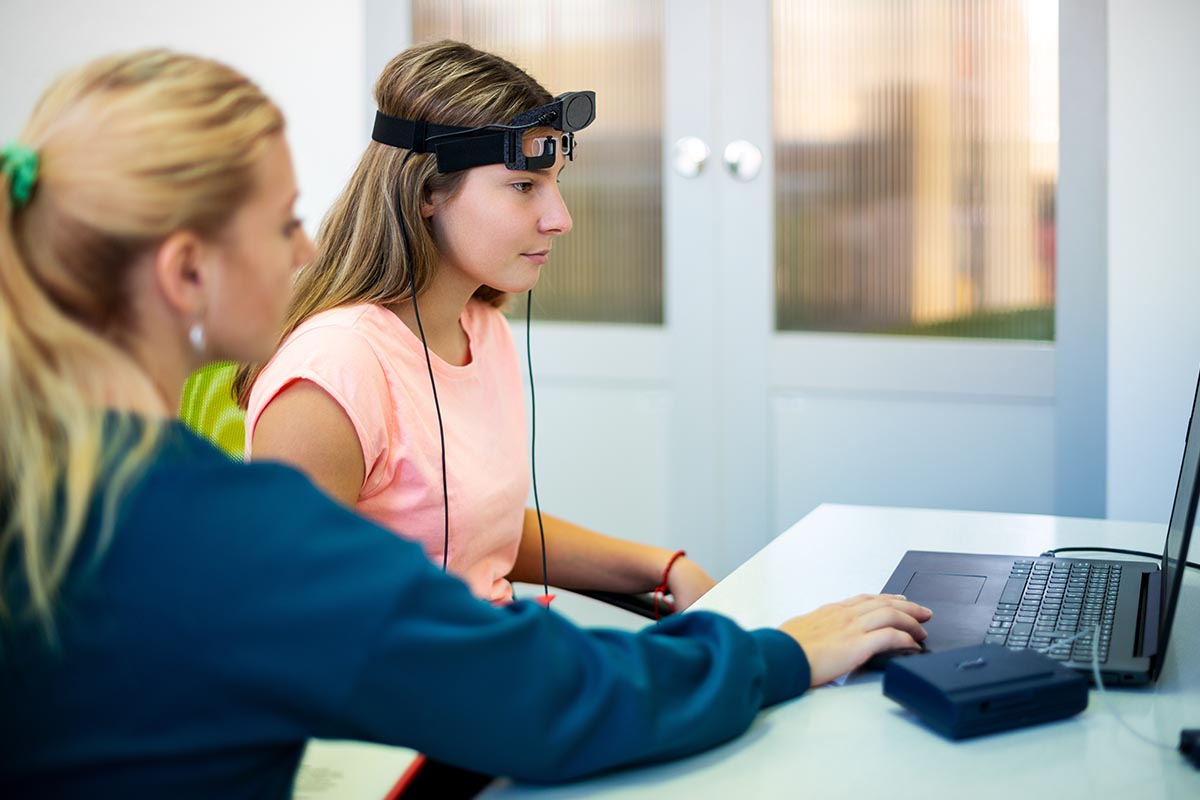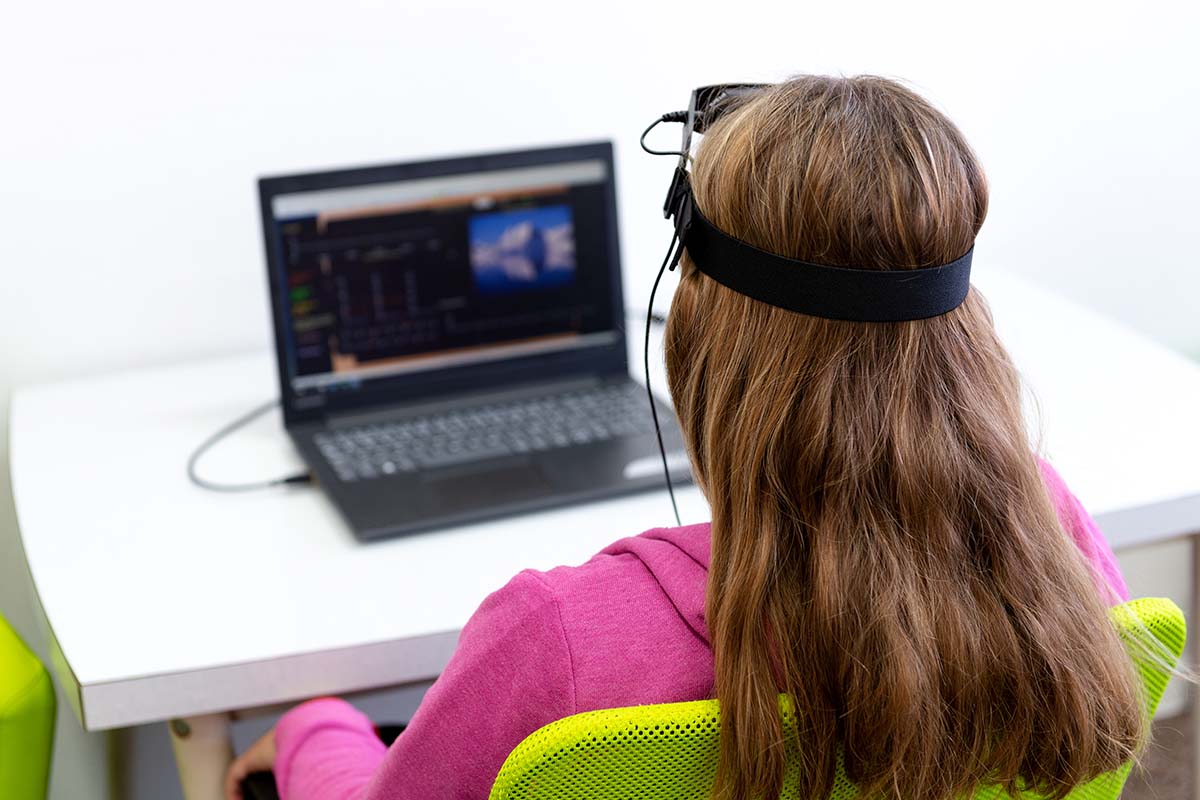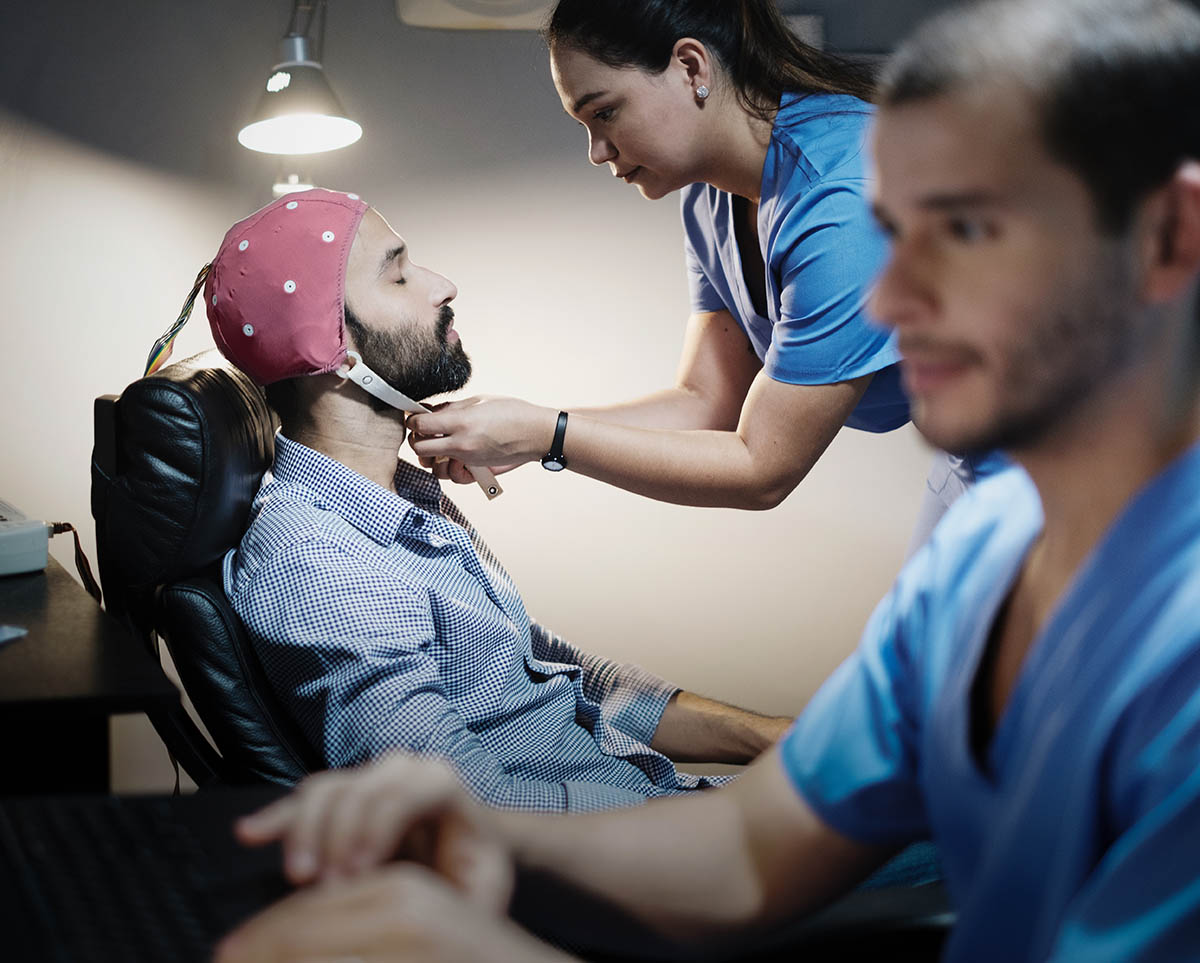Mental health conditions such as depression, substance use disorder, and bipolar disorders are treatable through a variety of behavioral and holistic therapies. One form of therapy that is gaining in popularity is neurofeedback therapy, where patients can see their brain activity in real-time and learn how to control it. Your neurofeedback therapy program expectations will vary depending on your mindset about newer technologies and your natural ability to control your thoughts and emotions. A neurofeedback therapy program in Denver, Colorado can treat a number of mental health disorders in a non-invasive, holistic way.
At Colorado Medication Assisted Recovery, we help men and women who are struggling with addiction or other mental health concerns through our treatment facility in Thornton, CO. We use a combination of medication-assisted treatment and various therapy programs to give patients the greatest chances of reaching their recovery goals. If you or a loved one is struggling with addiction or other mental health disorders, reach out to our friendly staff today by calling 833.448.0127 for more information about our neurofeedback therapy program in Denver, CO.
What Is Neurofeedback Therapy?
Neurofeedback therapy focuses on changing the brain’s response patterns to certain stimuli. It shows patients how they can change their thinking patterns when feeling depressed or tempted by drugs or alcohol. It is a non-invasive procedure where electrodes are placed on a patient’s head so they can see their brainwaves in real-time and see how changing their thoughts affects the patterns. With time and practice, patients learn how to change their thoughts before it causes any negative behavior.
Neurofeedback therapy can reduce the symptoms of many mental health illnesses, including:
- Obsessive-compulsive disorder
- ADHD
- Panic attacks
- Depression
- Anxiety
- Addiction
At Colorado Medication Assisted Recovery, we use a wide range of therapies to give our patients the greatest chance of success. When you first arrive, we will go over your treatment program details, including your neurofeedback therapy program expectations and any other questions you may have about what neurofeedback therapy is.
Neurofeedback Therapy Program Expectations
Neurofeedback therapy has shown to be very promising in treating a number of mental health disorders and giving patients confidence in managing their symptoms. The real-time feedback they see can go a long way toward helping them realize their recovery goals.
Just some of what you can expect from your neurofeedback therapy program include:
- Goal setting – Therapists will discuss the neurofeedback procedure and how it works while setting specific goals for the program. You will sit in a relaxing and comfortable room with electrodes attached to your head in a non-invasive way.
- Brainwave activity – You will sit or lay down and watch a video, listen to music, or play a video game while your therapists measure your brain activity to get a baseline.
- Real-time feedback – Patients will see their brain waves while participating in the activity and work on fine-tuning their thinking patterns to achieve the desired results. When they achieve them, they are rewarded based on the stimuli that work best for them.
- Practice makes perfect – Each patient is different in how they respond to neurofeedback therapy, and the time it takes to reach their goals will vary. Sessions typically last for 60 minutes and can take up to 20 sessions.
Find Neurofeedback Therapy at Colorado Medication Assisted Recovery
At Colorado Medication Assisted Recovery, our outpatient treatment programs include behavioral and holistic therapy along with neurofeedback therapy for a more effective treatment experience. We perform a complete evaluation of your physical and mental health along with the severity of your addiction to determine the best course of action to help you achieve your recovery goals.
There is no need to struggle with depression or other mental health disorders alone. Call 833.448.0127 or fill out our online form today to begin your journey toward a healthier future.




















